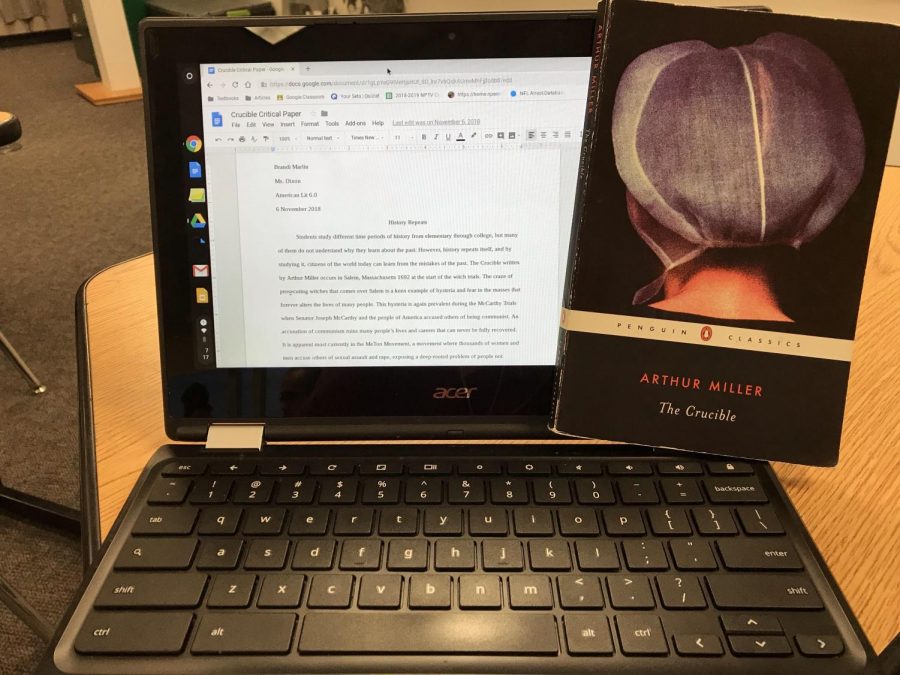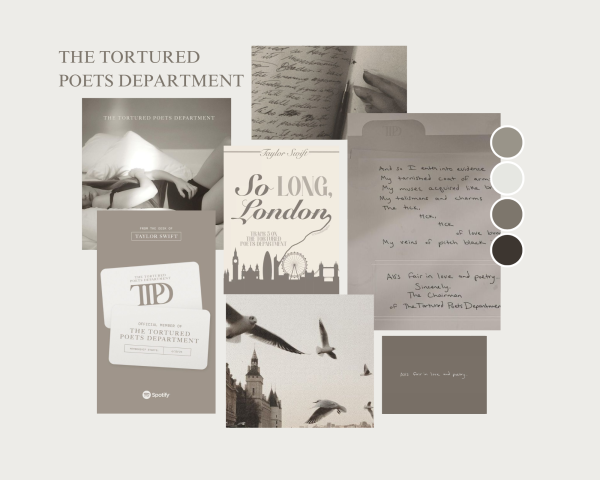From the Experts: Critical Paper Hacks
Writing a Critical Paper can be one of the most stressful times of the year as a student, but these English teachers and students are coming to the rescue. Here are their biggest tips and tricks to turn that long (and maybe grammatically incorrect) paper into a piece of art.

Follow your teacher’s steps and due dates. Have a parent or an older sibling edit your paper. Make sure it is your own work – do not plagiarize, and cite your sources correctly.
— Ms. Dixon

Make sure you have (relevant) transitional language at the beginning of each paragraph (not at the end of the paragraph). Include lead-ins or lead-outs for each quote. Provide concluding thoughts/big picture ideas at the end of each subtopic.
— Mrs. Hubbs

Pick a topic that other people can disagree with, but you still are confident in and can find good evidence for. Ask proof-readers to look at specific things in your draft. For example, ask one person to look just at your citations and another person at grammar. Do not procrastinate – start early and work ahead. You do not want to write a long paper in a short amount of time.
— Mr. Swindells

Find good evidence. An argument is only as good as its evidence. Generate a strong thesis and outline – but be flexible. The outline will continue to evolve as you research and write your paper. Proofread – give yourself at least 24 hours to let your paper “rest” before you read it again. You will see many things you missed when you read it again.
— Mrs. Kratz

Start with your topic sentences of your body paragraphs. Once you do your topic sentences, then find your quotes. The topic sentences will serve as a “shopping list” for what type of quotes you need. Be careful [to] only [write] stuff in the paper that supports what you are trying to prove. The other really cool stuff you think of can go on another paper nearby.
— Ms. Howland:

Start as soon as possible and get ideas written down. Space out your time and do not cram it in last minute. Make notecards on noodletools to organize your thoughts.
— Ainsley Zukowski

Write down all your ideas and notes before you start writing. Keep all your ideas organized. Double check all your grammar.
— Elise Upright

Start the paper as early as you can so that you can take it one step at a time. Make an outline because it will help you know where to start. Pick a topic that you know you have a lot of information about.
— Angela Tessitore












